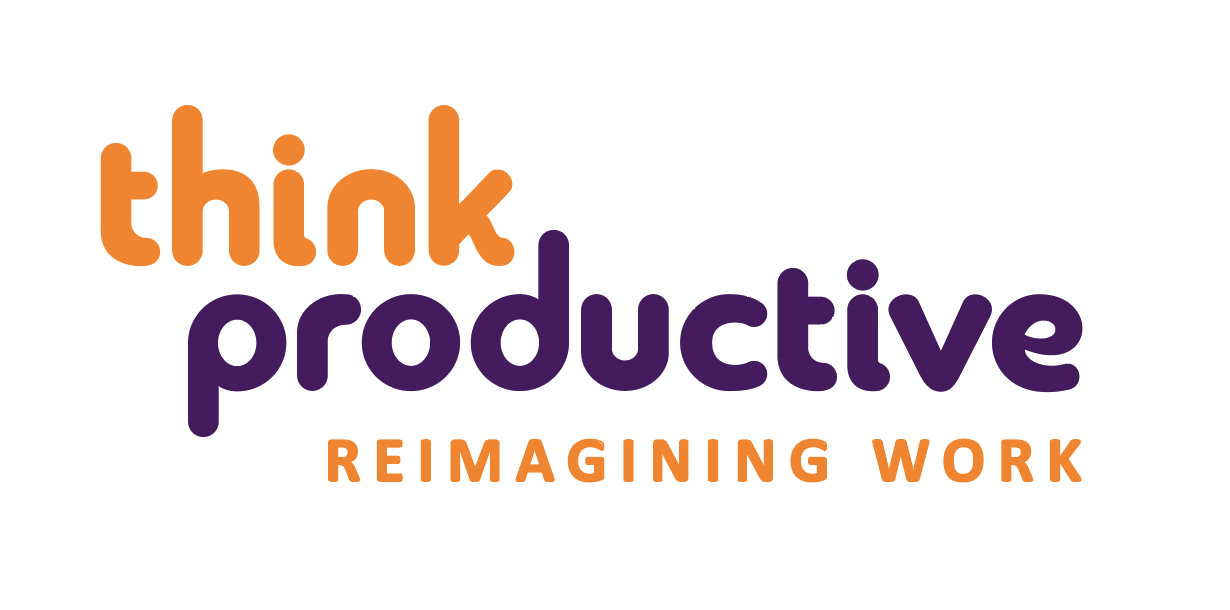In a previous post, we gave you a list of alternatives to (long) meetings to cut down on the time spent in the boardroom.
But what happens when the meeting is not yours to call?
When someone else invites you to a meeting, it can often seem like you can’t say no, and such situations can make you feel guilty about letting other people down.
Welcome to your new productivity tactic: meeting avoidance.
“I HAVE BETTER THINGS TO DO”
This is, of course, true, but you don’t say it like that.“I’m on a deadline with project X”, or “My boss has asked me to work on project Y exclusively for the next few days”. Somehow, if it’s someone else’s reason and out of your own control, people are more likely to forgive and forget. This I find a most peculiar state of affairs, but it’s true, so roll with it.
“I CAN’T MAKE THAT DATE”
A useful line, particularly when you’re invited to the meeting as a ‘nice luxury’ rather than an essential ingredient (which, by the way, is most of the time – since the person organising the meeting is firmly fixed on their task getting completed and not on protecting your time and attention).
This can, however, backfire if you’re a crucial cog in their wheel and they start trying to manoeuvre you to an alternative date: you can’t be busy every day, right?
“I CAN’T MAKE IT BUT…”
This excuse isn’t really an excuse. It simply dazzles them with magic. Instead of attending the meeting, which may be an hour or two long, spend five minutes reading about the issue at hand, and add a few thoughts to an email. Most people don’t prepare for meetings or spend their own attention on someone else’s projects in this way, so the organiser, far from feeling aggrieved that you’re not in attendance, will receive a bit of an ego boost that you’ve bothered to devote attention to something that matters to them. They may even proudly announce this in the meeting, and add this most critical contribution on your behalf, meaning that you can be productive even when you’re not in the room.Magic leads to more magic.
“MAYBE”
Unsolicited meeting requests sent via Microsoft Outlook can be rude. They presume that you want to spend an hour’s time and attention (or more) in a meeting at a time specified by them, often without reason or purpose. Luckily, whilst Outlook giveth, it also taketh away. Simply use the ‘I might attend’ option and don’t explain your actions. You’ll appear as ‘tentative’, which is usually interpreted as you doing your best to be there; in reality, it might actually be you doing your best to avoid being there. Verbal or email equivalents of this special button can also be employed to similar effect.
“SOMETHING’S COME UP”
Occasionally, you can play a trump card and be the aloof, evasive stealth-like unorthodox. Accept the meeting request initially, and then later on, fire off a quick email or make a quick call saying that something has come up which means that you can’t make the meeting after all. Like the kid at school with the sick note trying to get out of P.E. at school, the more serious or embarrassing or simply obtuse the reason seems to be, the more understanding you’ll get. As long as you don’t play this trump card too regularly, the chances are no one will ever notice it. It can be one of our little secrets.
Make the meetings you can’t avoid better – attend one of our facilitation training workshops
Time Starved? How to Keep Meetings Short Entrepreneur.com
Wasted time in meetings costs the UK economy £26 billion Business Review Europe
———————————————————————————————————————————

